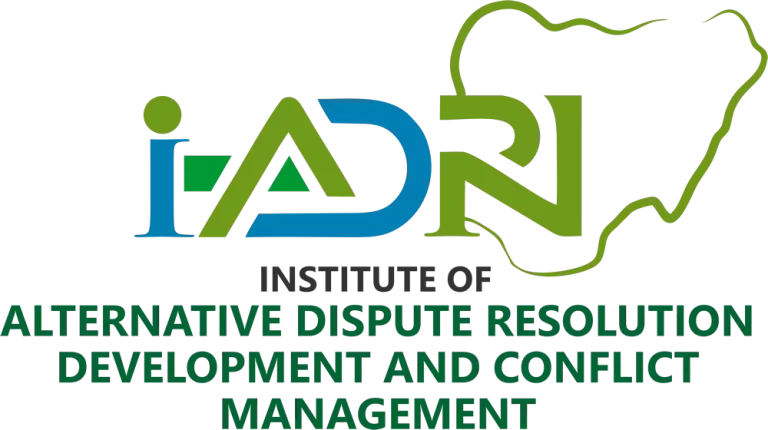On May 26, 2023, Nigeria made a significant leap in its arbitration framework by repealing the 35-year-old Arbitration and Conciliation Act of 1988, replacing it with the Arbitration and Mediation Act 2023. This new legislation, based on the revised 2006 UNCITRAL Model Law, is a culmination of years of reform aimed at bolstering Nigeria’s position as a leading arbitration hub in Africa. In this article, we break down the key features and changes introduced in the new Act.
Structure of the New Act
The Arbitration and Mediation Act 2023 consists of 92 sections organized into three parts:
- Part I: Focuses on Arbitration.
- Part II: Covers Mediation, replacing the outdated Conciliation rules of the old Act.
- Part III: Contains miscellaneous provisions, such as ensuring that the Act does not apply to disputes filed before its enactment, unless the parties agree to use the new Act for pre-existing disputes.
Additionally, the Act includes three schedules:
- Arbitration Rules to govern disputes under the new legislation.
- The New York Convention on the recognition and enforcement of arbitral awards.
- Arbitration Proceedings Rules, which streamline arbitration-related court processes.
Key Innovations and Changes
1. Third-Party Funding Legalization
The New Act addresses a long-standing issue by legalizing third-party funding for arbitration cases. This eliminates the concerns that awards might be overturned due to funding arrangements. Parties are now required to disclose the name and address of their funder as soon as the funding agreement is made.
2. Reduction in Default Number of Arbitrators
The default number of arbitrators has been reduced from three to one, significantly lowering the costs associated with domestic arbitration. If the parties cannot agree on a sole arbitrator, either party can approach the court or any Nigerian arbitral institution to make the appointment.
3. Introduction of Emergency Arbitrators
A statutory provision for emergency arbitrators is now in place. Before the formation of a full arbitral tribunal, parties can request the appointment of an emergency arbitrator through the court or an arbitral institution, which must respond within two working days.
4. Recognition of Interim Measures
The Act takes a strong stance on the enforcement of interim measures, allowing them to be recognized and enforced in the same manner as arbitral awards. Courts are limited in their ability to refuse enforcement, further supporting the arbitral process.
5. Award Review Tribunal
One of the most unique features of the New Act is the option for parties to request a review of their arbitral award by an Award Review Tribunal. This secondary tribunal can reassess an award in a manner similar to a court’s review, providing an additional layer of scrutiny.
6. Costs of Arbitration
The Act introduces measures to ensure arbitration fees remain reasonable, requiring the tribunal to consider various factors such as its own fees, legal costs, expert fees, and third-party funding. This aligns with the Act’s objective of resolving disputes efficiently and affordably.
Mediation Provisions
A major addition to the New Act is the comprehensive framework for Mediation, offering more detailed provisions than the old Act’s basic conciliation guidelines. Mediation proceedings are confidential, and any statements made during them are inadmissible in court. Most notably, the Act provides for the enforcement of settlement agreements reached through mediation.
Conclusion
The Arbitration and Mediation Act 2023 marks a significant step forward for Nigeria, enhancing its attractiveness as a destination for both domestic and international arbitration. With innovations like emergency arbitrators, third-party funding, and the Award Review Tribunal, the Act aligns Nigeria with global arbitration standards and strengthens its legal framework for alternative dispute resolution.

